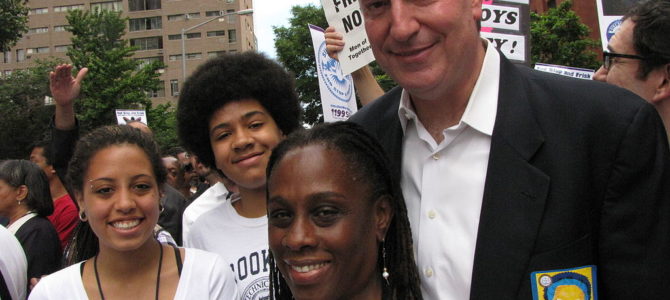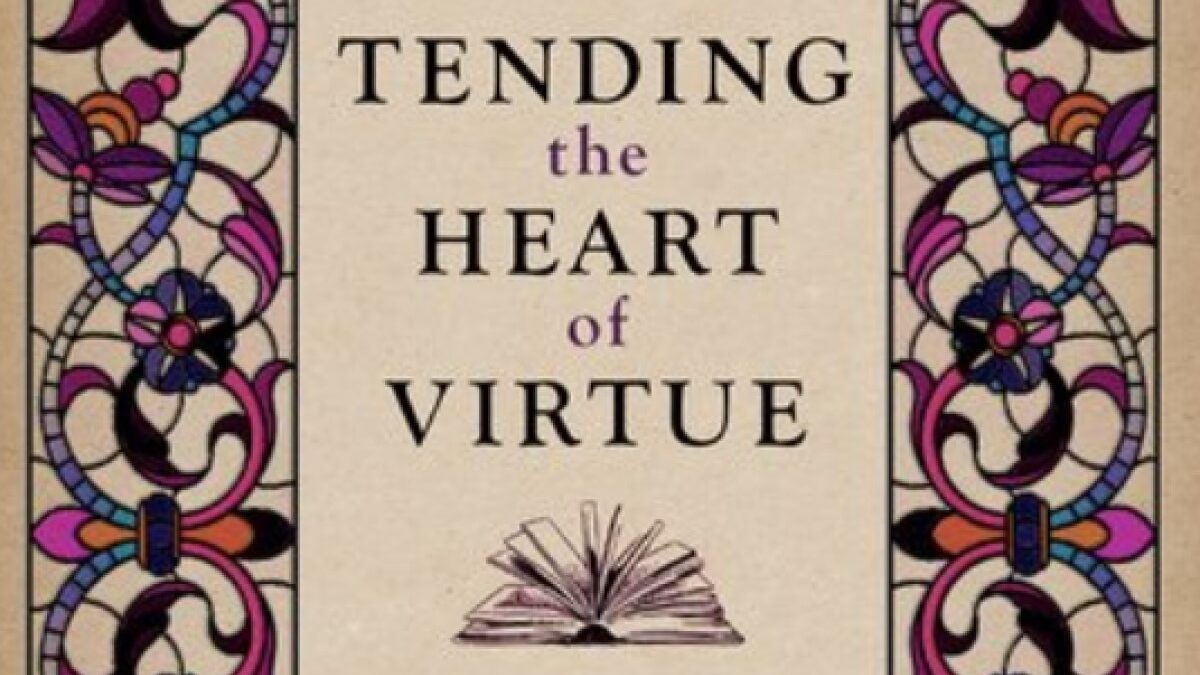
Poetry. Like Marmite, it’s just one of those things that you either can’t do without, or would rather die than eat. Only you can’t eat words. Unless you’re married, like I am, in which case you’ve probably become an expert at eating your own words. Now I’m no Whitman, and I’m no Poe, but I know how to turn a phrase, fo’ sho’. (Nice.)
The first time I tried my hand at writing a poem, it was a collection of risqué doggerel I’d scribbled on the back of some five-and-dime sheet music. I bought a nylon-string guitar on a cross-country trip for wayward youths—what my parents might’ve called The Get-Alex-Out-of-Our-House Tour, and what I called the Year 2000 Fifty State Hookup-on-a-Greyhound Cannonball Run—and composed a series of vulgar, obscene narratives-in-rhyme about making out with girls, underage drinking, and all the other egoistic stupidities teenagers think is oh-so-cool.
I fancied myself a real Charles Bukowski, even though I had no idea who Bukowski was at the time. After summer’s end, my mother found my masterful compositions when she woke me up for the first day of school and said, with tears in her eyes, “I can’t believe my son would write something like this.” Heartbroken by my profane prose, she had me drug-tested. Good stuff.
I’m not alone, though, in my fruitless and embarrassing efforts at poetry. A healthy helping of political verse has also come not only from the minds of politicians, but also from the events they’ve shaped, and from those people inspired by both. You can tell a lot about a person’s politics and outlook on life—and mental stability—by looking at the poems he writes.
Start With Some Calibration
Let’s start on a high note: Winston Churchill. In 1890, when Churchill was only 15 years old, he penned a poem on the late-nineteenth-century flu pandemic:
O’er miles of bleak Siberia’s plains
Where Russian exiles toil in chains
It moves with noiseless tread;
And as it slowly glided by
There followed it across the sky
The spirits of the dead. […]Fair land of Gaul, thy patriots brave
Who fear not death and scorn the grave
Cannot this foe oppose,
Whose loathsome hand and cruel sting,
Whose poisonous breath and blighted wing
Full well thy cities know.
Now this is really something. I don’t know anything about the internal logic or rules of poetry, or about what makes a good poem. But if I were a schoolteacher, and a 15-year-old showed me a work that spoke of the influenza’s loathsome hand and cruel sting, its poisonous breath and blighted wing, I would assume an unusually mature literary sense on the part of the author, and a preternatural sense of history. And I would be right.
Churchill’s sense of high drama and flair—when captured by the Boers, he concocted an absurd plan not only to escape the prison he was in (which he did), but to overthrow the entire Boer government in the process (a plan quashed by a superior officer)—and his phenomenal literary powers—he wrote more than 40 books, six dozen volumes’ worth of work—are graspable through the excellence of this poem.
You’ve got to believe that any art form, at its core, will somehow be able to transmit the intellectual seriousness of the art’s creator. Otherwise, what’s the point in taking art seriously?
Now for a Tragic Comparison
Nevertheless, some poems, and poets, just aren’t meant to be taken seriously. For example, Elliott Moglica, an English as a second language teacher, wrote a 1,215-line poem about Justin Trudeau. No joke, the thing is 126 pages, “including end-notes and a glossary.” I’m imagining all the great poetry that probably comes out of Moglica’s ESL classes, where the syntax is only marginally better than Google Translate’s bungling program:He touches her hairs like stinky butters, But she smell him bad, ands loves another.
Moglica’s “epic” poem has a sort of Hinckley-loves-Jodie feel to it, which is okay if that’s your kind of thing. But my gripe about the Trudeau-treasuring tripe that Moglica wrote is that it’s just plain unserious.
How did it feel to touch Justin’s hair?’
He never replied.
The only answer was
the uncontrolled sugar-smile
that needs no further words. […]No fear.
But, forward all together,
As ‘trojan soldiers’
with golden Justin, forever.
What are we supposed to learn about Trudeau here? That his hair and his “sugar” smile are incredible? That he’s Moglica’s “golden Justin,” his Pony Boy? When I was reading Churchill’s poem, I got a sense of the grand sweep of history. It reminded me of Kipling’s Indian tales, painted vivid in his books and poems, where you could hear the sounds and feel the movement of the crown jewel of the British Empire:
Hard her service, poor her payment – she in ancient, tattered raiment –
India, she the grim Stepmother of our kind.
If a year of life be lent her, if her temple’s shrine we enter,
The door is shut – we may not look behind.
With Churchill’s poem, with Kipling’s, you can see something. In Churchill’s, you might imagine pitiless death inflicting Russian serfs, who are already broken by poverty and the breakneck severity of the roiling political tides in the Rus. Kipling’s “Christmas in India” stirs with his sentimental and bittersweet love of the place he was born, Bombay. Moglica’s ode to Trudeau just makes you think, “I probably wouldn’t let this guy babysit my kids.”
This Isn’t the Only Such Poem
Hillary Clinton’s November 2016 loss to Donald Trump inspired some very somber verse, an airing of the hysterical sorrow many of our left-leaning compadres felt about the Donald’s election. Resistance, they cried, and in their mournfulness composed “Still, Poetry Will Rise.”
You see, poets, as Poetry magazine editor Don Share offers in an interview in The Atlantic, “are kind of like—it’s a bad metaphor, but—canaries in a coal mine. They have a sense for things that are in the air.” So true. It is a bad metaphor. Poets, I think, are more like maudlin insane asylum inmates, or over-emotional teenagers who live in a post-apocalyptic, adult-less world where the common currency is entitlement. You know, like “Lord of the Flies” with safe spaces.
Leftist art is obsessed with buzzwords and power, much deeper concerns to them than character and beauty. These are poor objects of artistic focus. When that boring subject matter—intersectionality, the economic superstructure, power dynamics, historical oppression, and their favorite misused word, dichotomy (used to describe anything, always incorrectly)—combines with entitlement, it creates a guiding artistic philosophy that says This art is my protest, and if you think it’s bad, it’s not because it’s actually bad, it’s because you’re an oppressor.
That’s why leftist political poetry is pretty much universally awful. It’s also why the Left’s love of that superficial trash is so confusing. Really? You really enjoy this dreck?
Get a Load of this Poem for Bill DeBlasio
Bill DeBlasio said he fell in love with his wife Chirlane McCray after she read a poem to him about the travails of being a black woman, a poem wherein she poured out the contents of her racial-strife-pained heart. (If I had unlimited space to write, I’d also excerpt pieces of McCray’s poem on tampons, which reads like a Dr. Suess-like limerick on the pros of Playtex.)
See, McCray’s edgy realness, her artiste’s soul, was what bagged Big Wilhelm:
If I were beautiful, I could be angry and cute
instead of an evil, pouting mammy bitch
a nigger woman, passed over
conquested and passed over,
a nigger woman
to do it to in the bushes.
There’s really nothing as breathtaking as witnessing the transformative power of verse, seeing balladry operate as dual engines. For McCray, her soul’s expression is both a firing piston of political criticism and an ignition switch sparking eternal love. Wow. Really, just so amazing.
At bottom, McCray’s poem (and Moglica’s) exemplify one or all the worst traits of modern political poetry: either self-involvement or unthinking praise of political heroes or oneself, a lack of historical sense, an immoderate use of language, vulgarity, and so on. But more than anything, they’re boring. I want to read a poem where something happens. Kill somebody, screw somebody, love somebody, but make something happen!
It shouldn’t be all sour grapes here for the reader. I’ll leave you with one last piece, a poem set in the contemporary style of beatnik, political verse. It’s modeled, in form if not in content, on McCray’s.
It’s about my time as a young adolescent in Hebrew school, about a boy who only wanted to get a double cheeseburger from Wendy’s, but couldn’t, because his family kept kosher. You can judge whether it lives up to the standard of Churchill and Kipling:
If I were a goy, I could go out on Friday night
instead of being a Jew boy sneaking television time
a yid, tired from Bar Mitzvah lessons
kind of lazy and hungry for junk food,
a yid
to eat a cheeseburger in peace.
Word.









